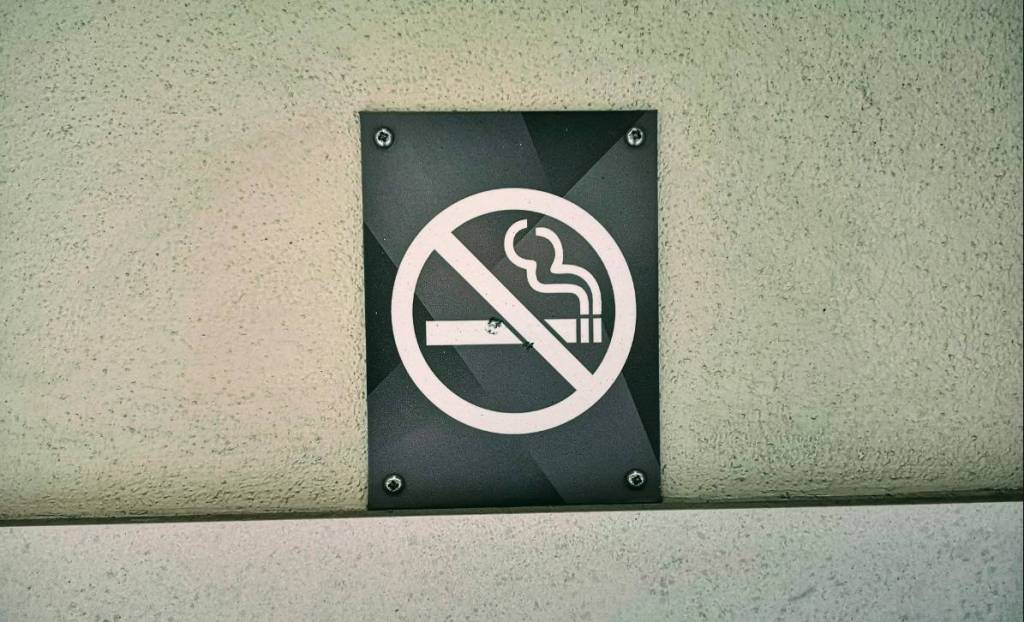As my creative partner @FamousAlice says, s“competent and nice beats genius and difficult” when it comes to hiring, promoting and collaborating with team members – or selecting and working with vendors and consultants.
Competence is broadly understood as being good at what you do; but do not dismiss what it takes to be good – the education, experience, failure, success and of course opportunity. You might feel heartened to know that getting to the top rarely demands you to be the Wily E. Coyote, the super genius of your generation.
Actually, unless you have the idea and lone-wolf determination to launch the next Apple or you’re floating in pirate-free waters on a yacht as an heir to a Madoff-proof fortune, nice is the significantly larger factor when it comes to achieving success for most of us.
The great advantage of being nice – or learning to be nice
Nice is not the natural state for many, many people. You know it and so do I. I interact with tens of thousands of people from speaking and working in branding and communications. I interact with professionals, business owners, students, young managers, mid-career changers, and the gamut of people who work from all over the world.
About 20% of these people are nice. Another 25% can pretend for a while. The other half are acting irritated, frustrated, angry, rude, bored, and certainly self-centered. A fraction of those are just plain nasty. This makes your life as a nice person fantastic when it comes to the odds of people wanting to help you, hire you and send the best work your way.
Learn the language of nice
So, if you are looking to get ahead or get into your next great gig, learn the five languages of nice. Yes, it is that easy.
- Trustworthiness. For example, learn to keep a secret. In fact, keep all of them. Be a vault. There’s no gain in sharing anything that someone tells you in confidence. Oh – and when you say yes, mean yes. And, do it.
- Generosity. Keep your eyes open for a job that someone else might do well – and transfer the information to them. Be selfish about your karma.
- Kindness. Next time, offer to go get a sandwich for a co-worker who’s going to miss lunch to make a deadline. Bring back packets of mayo AND mustard.
- Compassion. For instance, sympathize with your boss. Act like you understand what it’s like to have all that pressure – and everything else that’s going on in his or her life.
- Empathy. Feel the joy when your friend gets good news. Let tears of happiness well up in you when you see a soldier get that first kiss on home soil.
Being nice takes work
If you know my work, you know I say: “There is no magic threshold.” You can’t be nasty, indifferent, lazy, untruthful and unkind in your personal life and somehow be a nice person when you cross the threshold at the office door, meet a recruiter or prospect or write an email.
Paul Zak, cited by the New York Times as a leading authority in the emerging field of neuroeconomics, has been researching neuro-chemicals. There could be a possibility that genetics can cause people to be not-so-nice and based on these findings, what profession they are most suited for can be determined.
Apparently, if you can’t speak the languages of nice: you can always be a Wall Street trader. That counts you out of a whole lot of other opportunities – but at least you know where you belong.












